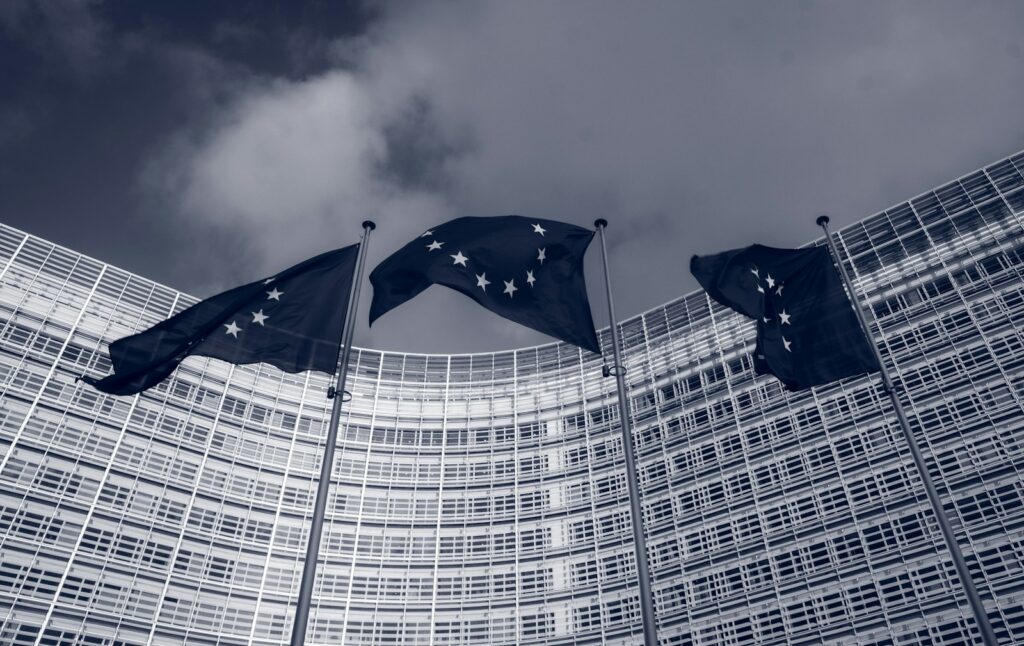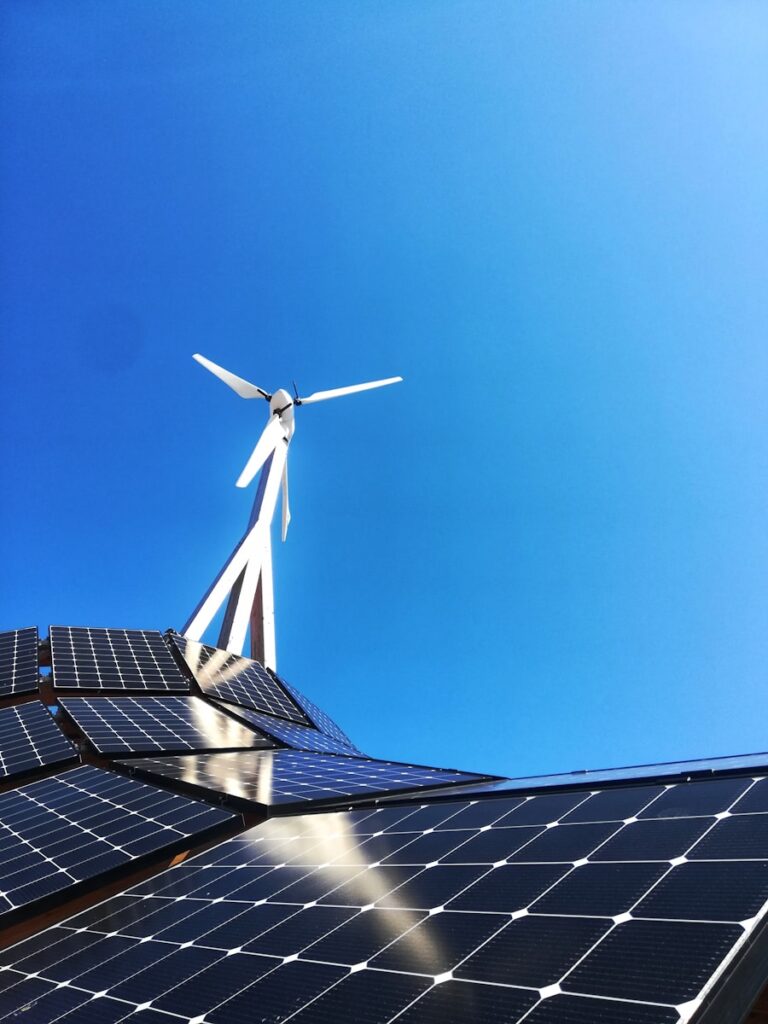
Poland’s Energy Sector in Comparative Perspective: Too Much State, Too Little Competition
BY
FOR / December 19, 2025
The energy sector covers the trade of two fundamental goods: energy (including heat) and fuels. An energy-sector enterprise may operate in the fields of generation, conversion, transmission, storage, trading, or distribution of these goods.











